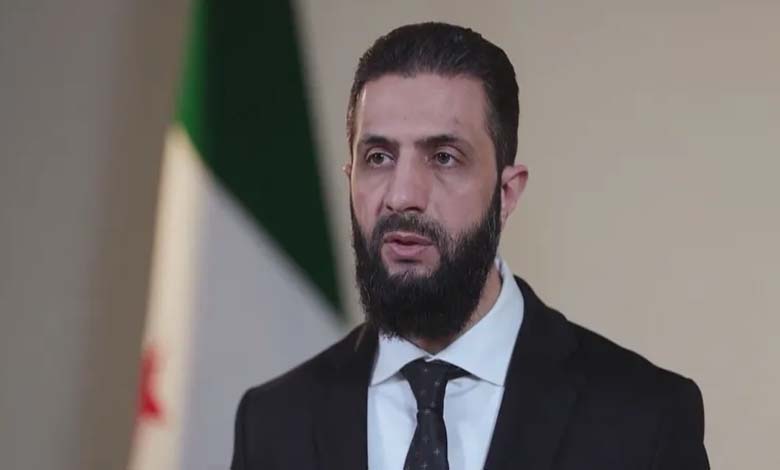Where Are Syria’s Muslim Brotherhood Headed? And What Is al-Sharaa’s Position Toward the Group?

In a recent article, political analyst and former Jordanian minister Mohammad Abu Rumman explores the evolving stance of the Syrian Muslim Brotherhood under the leadership of Ahmed al-Sharaa, who rose to power following the fall of Bashar al-Assad‘s regime. According to Abu Rumman, since the regime change, the Brotherhood has adopted a notably moderate and pragmatic tone in its political discourse.
-
Are the Muslim Brotherhood Politically Sacrificing Al-Joulani to Seize Power? What Is Their Plan in Syria?
-
The Muslim Brotherhood Attempts to Claim Credit for the Syrian Revolution’s Victories
This shift is evident in the group’s public statements and the comments of its General Supervisor, Amr al-Boussalama, who openly praised former U.S. President Donald Trump’s decision to lift sanctions on Syria and thanked Saudi Arabia for what it described as a constructive role in facilitating that policy change.
However, Abu Rumman argues that these public overtures mask a more complex and uneasy relationship between the Brotherhood and the new Syrian leadership. Behind closed doors, mutual suspicion persists. The Brotherhood’s political arm, the Al-Wa’ad Party (National Party for Justice and the Constitution), has yet to receive formal registration despite repeated attempts to comply with the country’s updated legal framework.
-
Are the Muslim Brotherhood Currently Running the Scene in Syria? A Political Thinker Responds
-
Transfer of Armed Elements from Syria to Libya… A New Muslim Brotherhood Plan
Citing informed sources, Abu Rumman suggests that this silent refusal reflects a calculated position by Ahmed al-Sharaa. It goes beyond bureaucratic or legal concerns and stems from deeper geopolitical and ideological considerations. Al-Sharaa, according to people close to him, is uneasy with the Brotherhood’s agenda, which he sees as a long-term political project capable of challenging state authority through organized means.
The article also emphasizes the regional dimension of this issue. Several influential Arab capitals have voiced strong reservations about any engagement with the Brotherhood, viewing it as a potential revival of political Islam. Some states even linked their diplomatic and financial support for the new Syrian regime to a clear stance against reintegrating the Brotherhood into the national political landscape.
-
The Muslim Brotherhood’s Control Over Syria’s Opposition Through Fictitious Entities
-
Did Al-Sharaa Require U.S. Protection to Attend the Arab Summit in Baghdad?
In conclusion, Abu Rumman notes that the Muslim Brotherhood is acting with measured political caution. They are avoiding direct confrontation with the new regime, fully aware of the current power dynamics, yet remain structurally prepared to reemerge when conditions allow. For now, the relationship between Ahmad al-Sharaa and the Brotherhood remains fragile, better described as a tactical truce than a strategic alliance.
-
Al-Sharaa Responds to Criticism of His Government: Satisfying Everyone Is an Impossible Task
-
Will Al-Sharaa Renew His Relationship with the Muslim Brotherhood or Exclude Them from the Political Scene?












